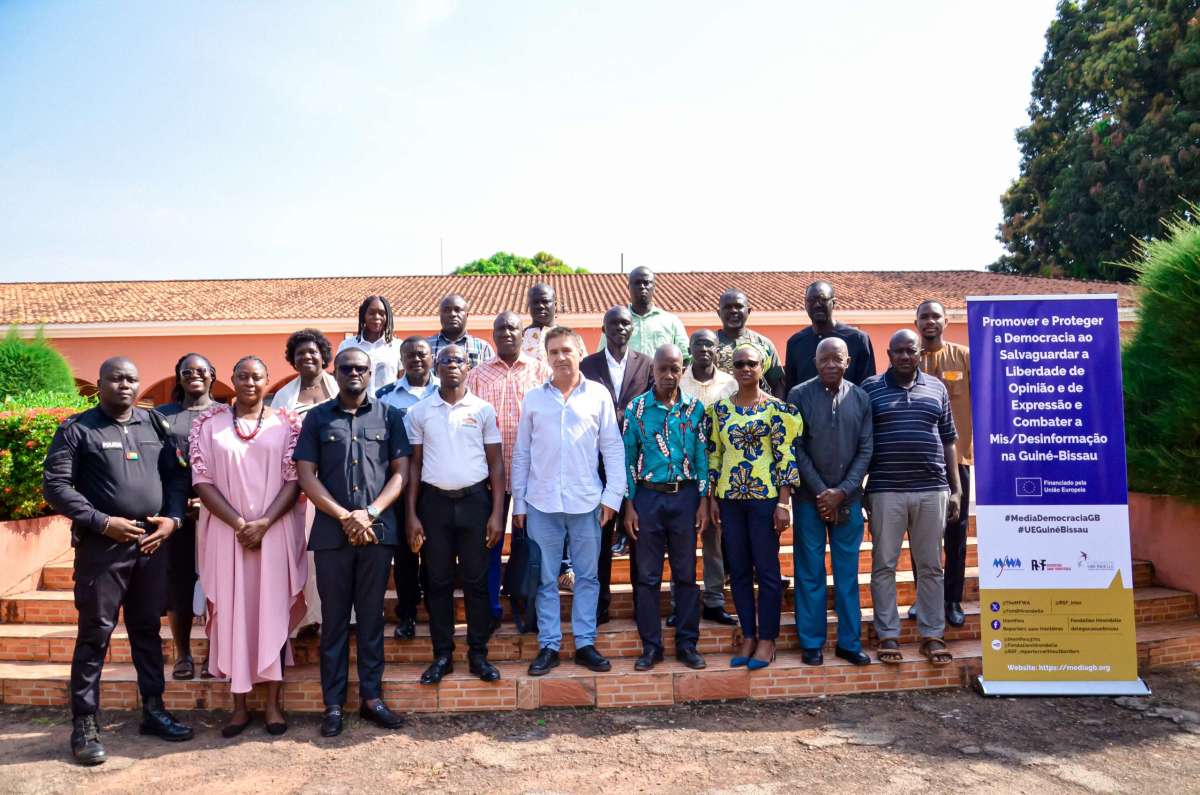The Media Foundation for West Africa (MFWA), in collaboration with Reporters Sans Frontières (RSF) and Fondation Hirondelle, convened a national forum on Thursday, November 6, 2025, at the Dunia Hotel in Bissau. The forum aimed to strengthen collaboration between journalists, state actors, and security agencies, with a focus on safeguarding media professionals ahead of Guinea-Bissau’s 2025 elections.
Organised under the EU-supported initiative “Promote and Protect Democracy by Safeguarding Freedom of Opinion and Expression and Combating Mis/Disinformation in Guinea-Bissau,” the forum aimed to promote the adoption and operationalisation of the National Comprehensive Framework for the Safety of Journalists. The framework, made up of representatives from relevant state security agencies and media groups/associations was created under a preceeding project implemented by the MFWA and funded by the EU.
Central to discussions were the roles and responsibilities of security services in ensuring journalists can work freely and safely, particularly during high-risk periods such as elections.
Delivering the opening remarks, MFWA’s Institutional Development & MEL Manager: Dr. Daniel Kwame Ampofo Adjei, PMP®, underscored the importance of deepening trust and cooperation between the media and security services.
“Journalists and security agencies are essential to a peaceful and democratic society. When journalists work safely and professionally, citizens are better informed; when security actors protect press freedoms, public trust in institutions deepens,” he stated.
As the 2025 elections approach, journalists in Guinea-Bissau continue to face intimidation, physical attacks, cyber-harassment, and threats of media shut-downs. Participants stressed that clear communication channels, well-defined protocols, and rapid response mechanisms are essential to prevent and address violations against media professionals in the field.
The forum created space for open dialogue on longstanding challenges and misunderstandings between journalists and security institutions. Participants examined approaches to improve coordination during protests, electoral coverage, and other high-risk assignments, as well as ways to strengthen accountability when rights violations occur.
The discussions echoed the project’s broader ambition to build trust and establish clearer, shared protocols for cooperation. Dr. Ampofo Adjei, who is also the Project Manager for the EU funded project, expressed appreciation to both security actors and the media for their commitment to collaboration:
“We are grateful to the security services here today for their openness and commitment to constructive engagement. We also applaud the media for their continued professionalism, resilience, and dedication to informing the public despite significant challenges.”
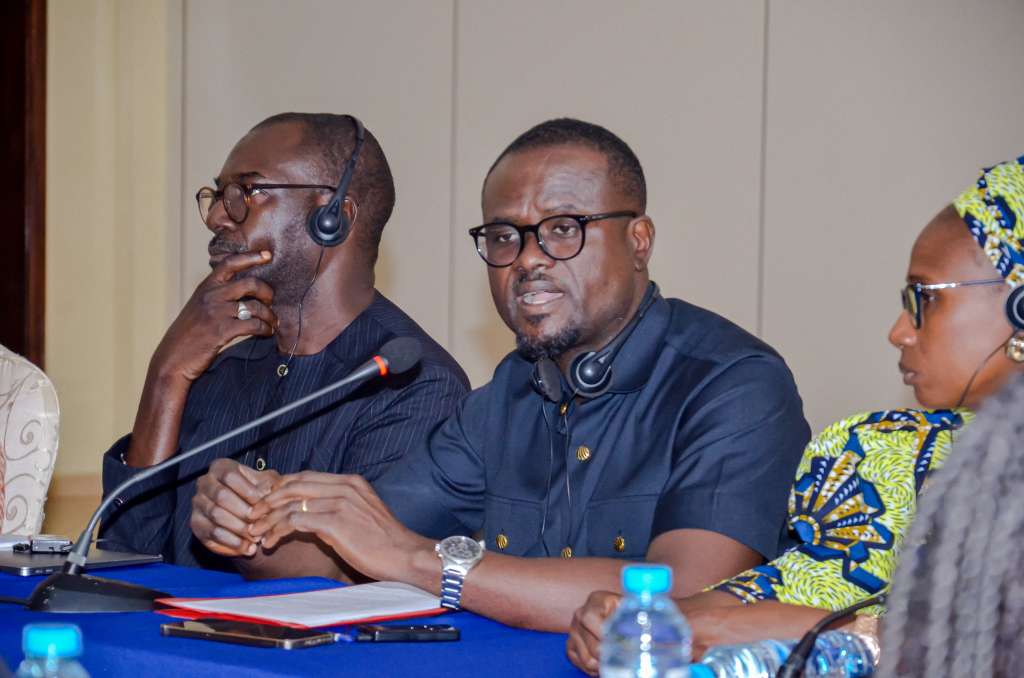
He emphasised that advancing journalist safety requires sustained leadership, dialogue, and mutual respect among journalists, policymakers, and security institutions.
Carlos Abaitua Zarza, speaking for the European Union, reaffirmed the EU’s commitment to protecting media freedom: “The protection of journalists is essential for freedom of information and for strengthening democracy. Security forces have an important role to play in ensuring that media professionals can do their work without fear, intimidation, or attack.”
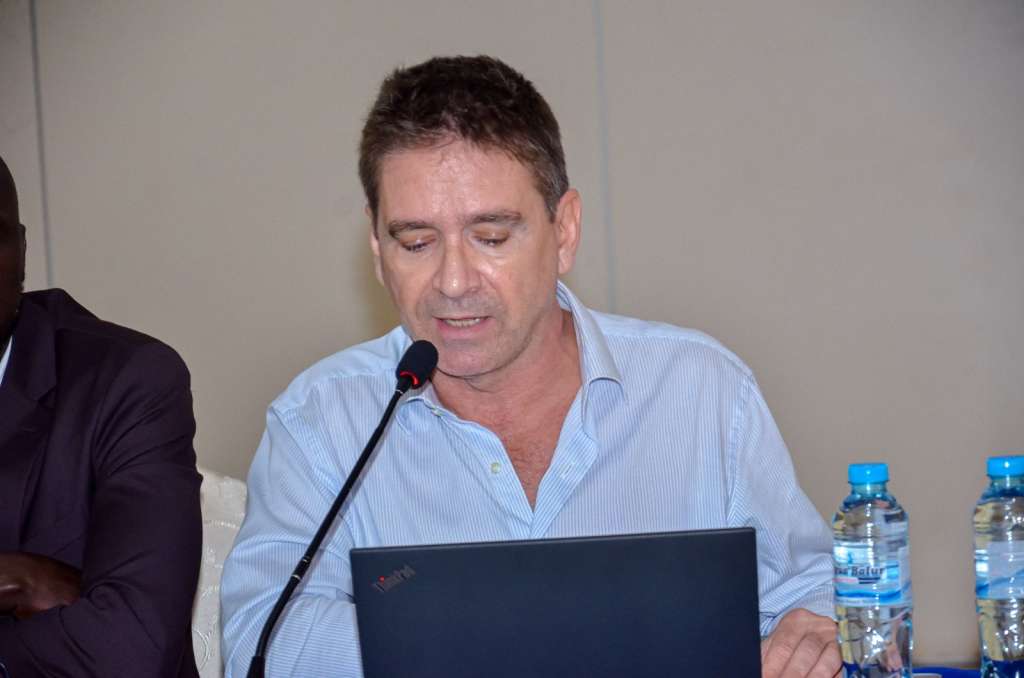
Representing RSF, Sadibou Marong noted the value of cultivating non-adversarial relations between security actors and journalists: “We have realised throughout Africa that relations between the media and law enforcement agencies are often perceived as conflictual. Yet both sides perform useful work for the nation. There is no reason they should not sit together and talk in a courteous manner. The main objective today is to reach a consensus.”
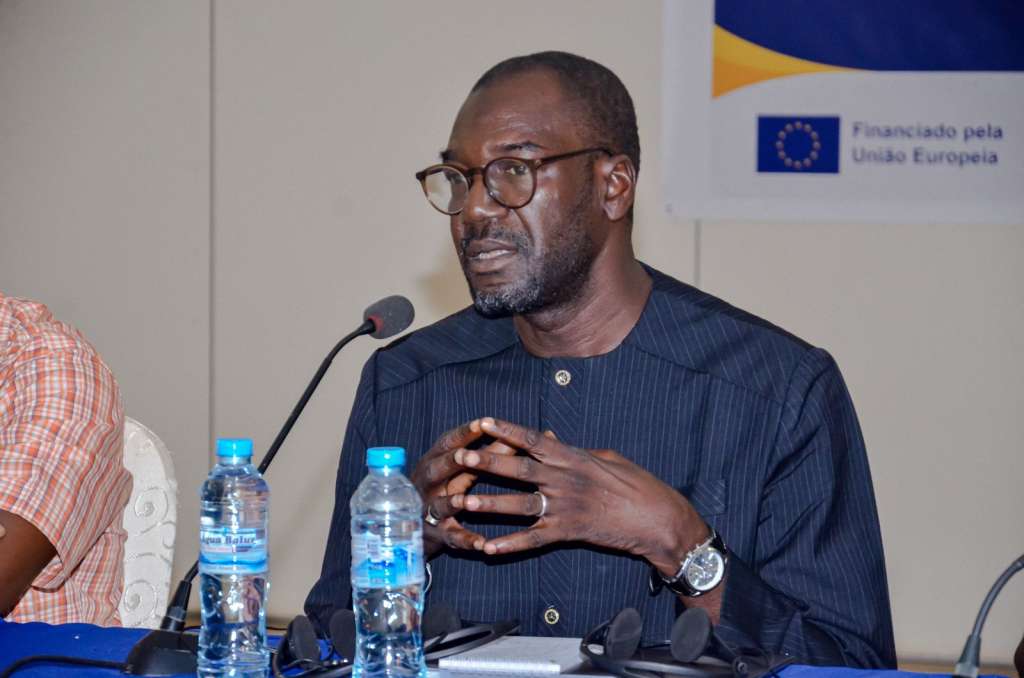
From the General Staff of the Armed Forces, Lieutenant Colonel Jorgito Biagué expressed confidence in the dialogue’s positive outcomes: “This dialogue will help us understand each other’s roles. It is an opportunity to seek truth and create a healthy environment for all.”

Representing the Public Order Police, Superintendent Mário Samanango also welcomed the forum: “At times, incidents and cases of negligence from both sides occur in the field. I hope that these discussions will not be about pointing fingers, but rather about working together as professionals in different roles.”
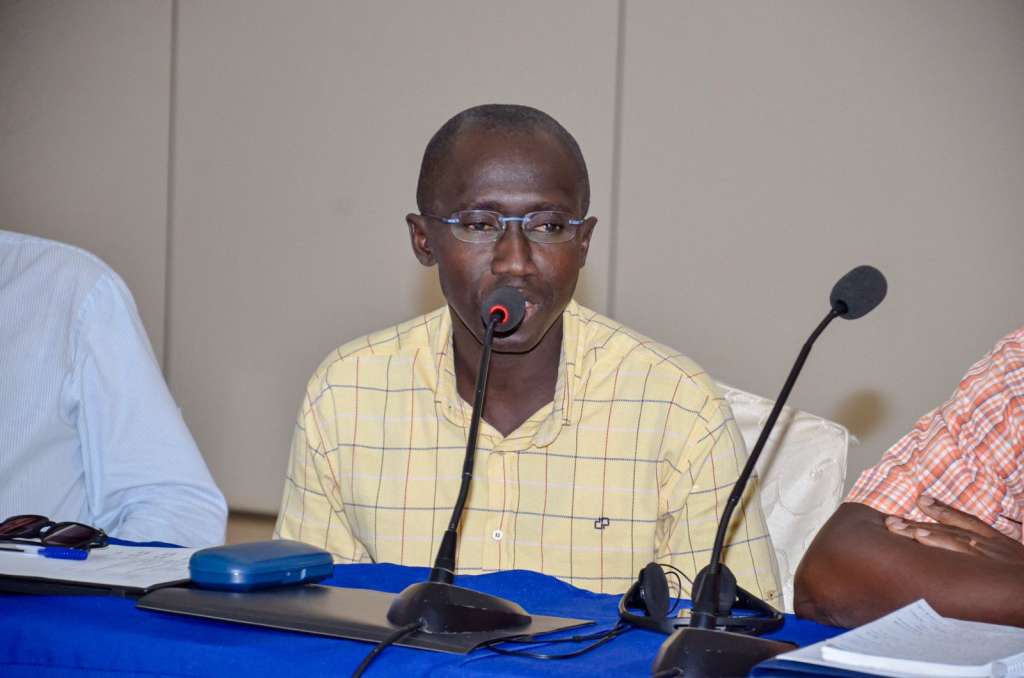
The participating state institutions included: the Ministry of Interior for Public Order, represented by the Public Order Police and the Rapid Intervention Police; the National Guard; the Ministry of Defence, represented by the National Defence Institute and the General Staff of the Armed Forces; and the Ministry of Justice, represented by the Judicial Police and the Public Prosecutor’s Office. The National Council for Social Communication also participated.
Media stakeholders included SINJOTECS (the Journalists and Media Technicians’ Union), AMPROCS (the Women Journalists’ Association), the Order of Journalists, and RENARC (the Community Radio and TV Association).



